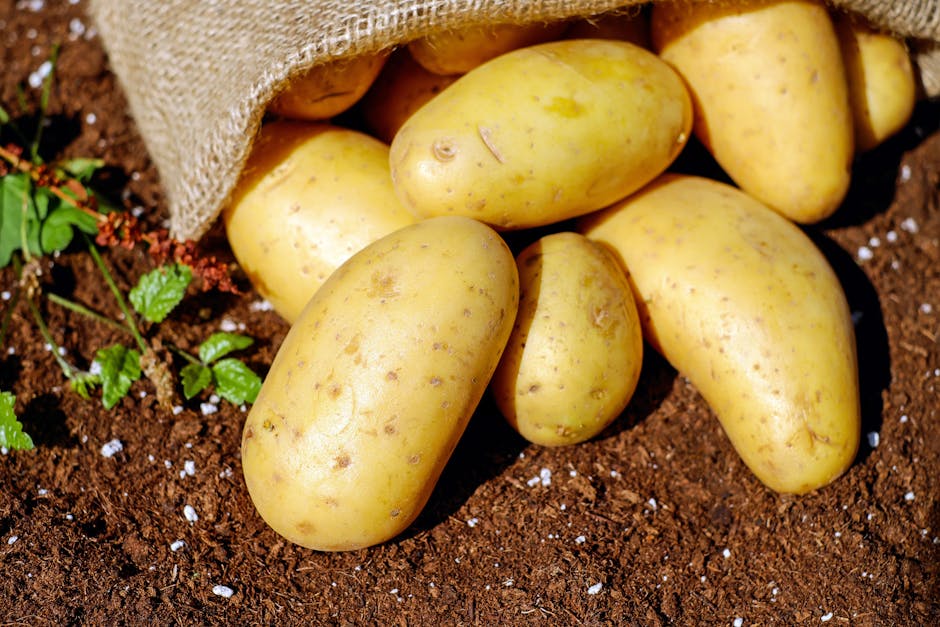Can I Compost Potatoes?
Potato scraps are generally compostable, but require careful handling to prevent pest problems and slow decomposition.


Sourced & Cited
Potatoes are a great addition to your compost pile, but there are a few things to keep in mind to ensure they break down properly and don't attract unwanted pests. Whether you're composting potato peels, leftover cooked potatoes, or even diseased potato plants, proper preparation and handling are key.
Compost Classification
Green (Nitrogen-rich): Potatoes are high in moisture and nitrogen, making them a good green material for your compost. Their high water content aids in the decomposition process, creating a more balanced ratio within the compost pile.
🏷️ Tags
Important characteristics to know about this item:
Breaks Down Slowly Use in Moderation Pest Attraction Risk Odor Risk Avoid if Treated/Coated
⚠️ Potential Risks
- Attracting pests like rodents or insects if not properly buried and incorporated into the pile.
- Slow decomposition if pieces are too large.
- Potential for spreading potato diseases if the potatoes were diseased before composting (especially important for diseased potato plants).
- Unpleasant odors if large quantities are added without sufficient brown materials.
💡 Best Practices
- Chop potatoes into pieces no larger than 1 inch to speed up decomposition.
- Bury potato scraps deep within the compost pile to minimize pest attraction.
- Ensure a proper brown-to-green ratio in your compost pile to prevent odor problems and encourage proper decomposition.
- Avoid adding diseased potatoes to the compost; these should be disposed of properly to prevent spreading diseases.
- Consider using a hot composting method to eliminate potential pathogens more efficiently.
